Podcast: Play in new window | Download | Embed
DNC kicks off in Chicago as campaigns court crucial Native votes
Voters in CA county to weigh in on changing Kelseyville to Konocti
News For All Americans
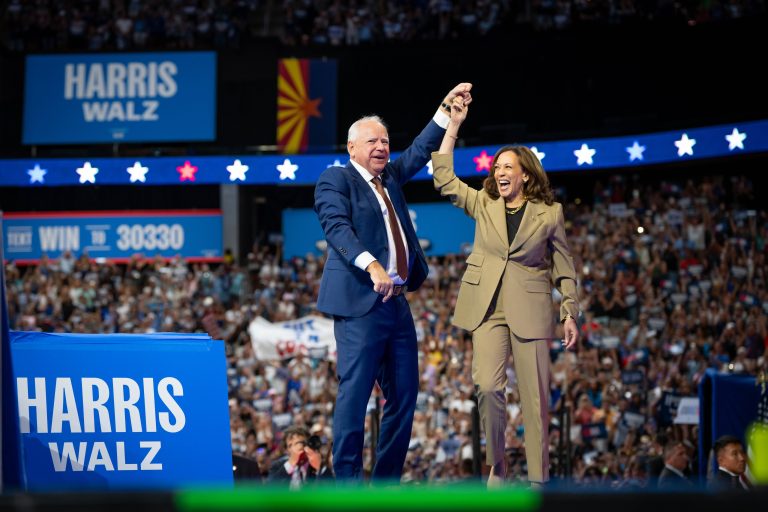
Podcast: Play in new window | Download | Embed
DNC kicks off in Chicago as campaigns court crucial Native votes
Voters in CA county to weigh in on changing Kelseyville to Konocti
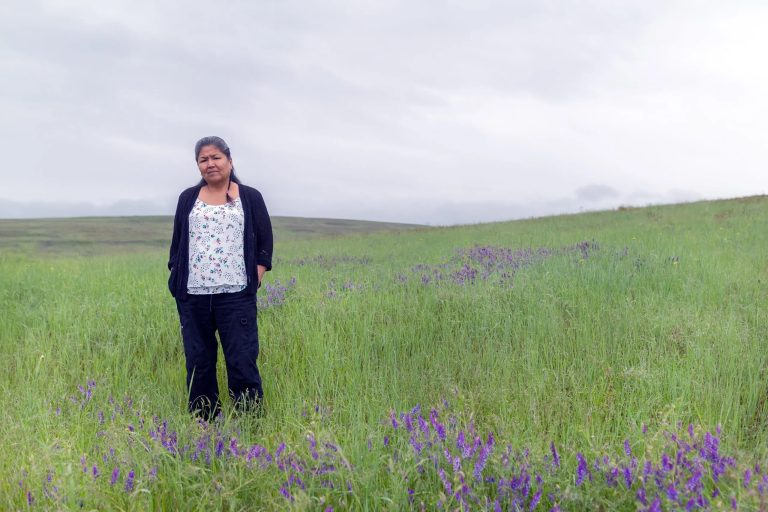
Podcast: Play in new window | Download | Embed
FCC alerts could help find MMIP during critical time window
WI Native voter drive hits home run with Brewers tailgate party
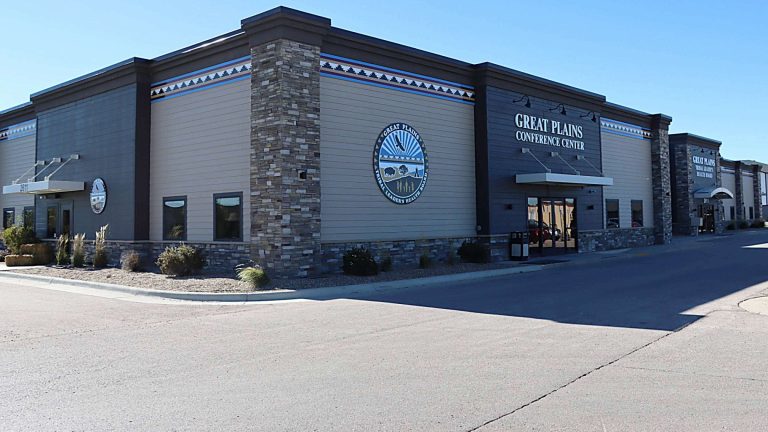
Podcast: Play in new window | Download | Embed
Bad data, privacy rules lead to ‘blind spots’ in Native health care
Rapid City school board fires superintendent amid racism allegations
On this day in 1975, 100 Native protestors occupy OR federal building
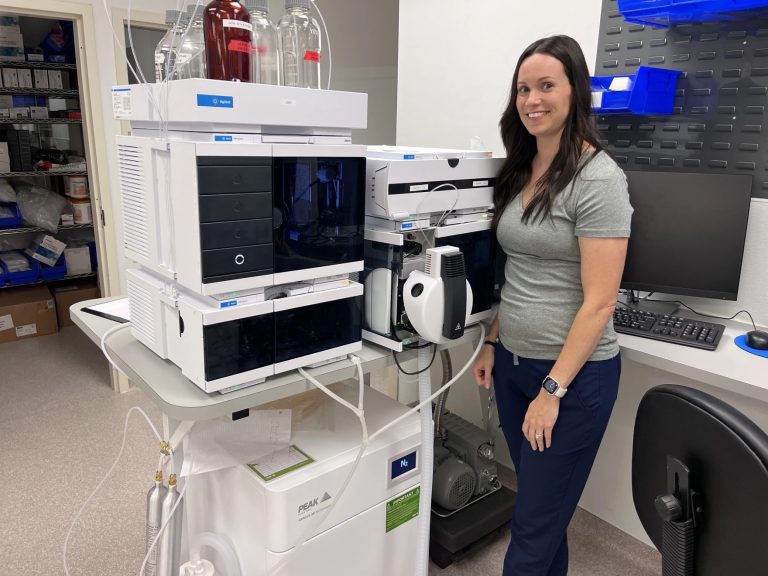
Podcast: Play in new window | Download | Embed
“Joey” tests blood, urine for drugs in new Native-led lab in Billings
New AZ laws may unfairly impact Native voters during crucial election
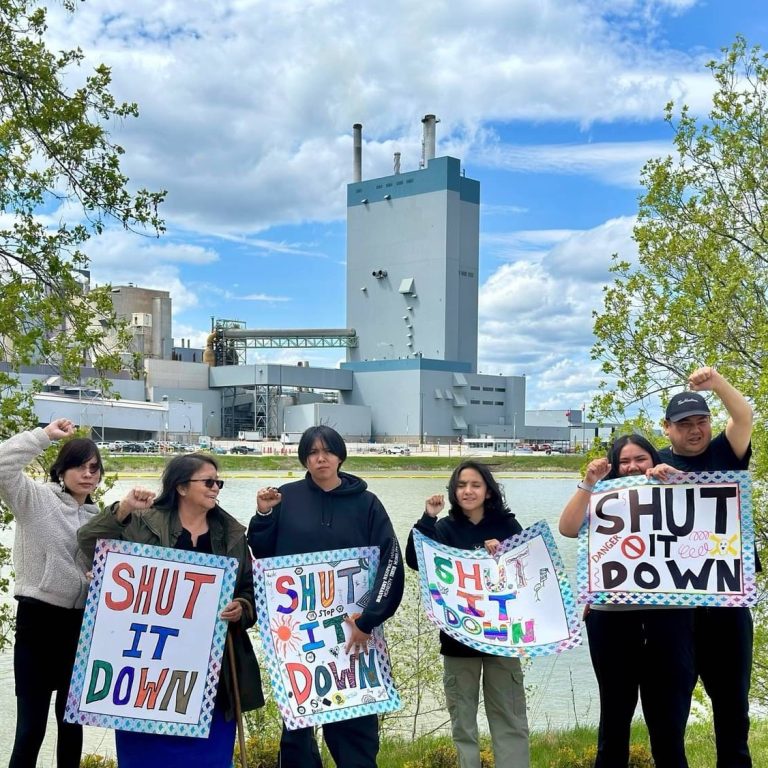
Podcast: Play in new window | Download | Embed
Grassy Narrows to appeal, file lawsuit over mercury contamination
Cheyenne River Reservation celebrates 10 years of Native graffiti festival
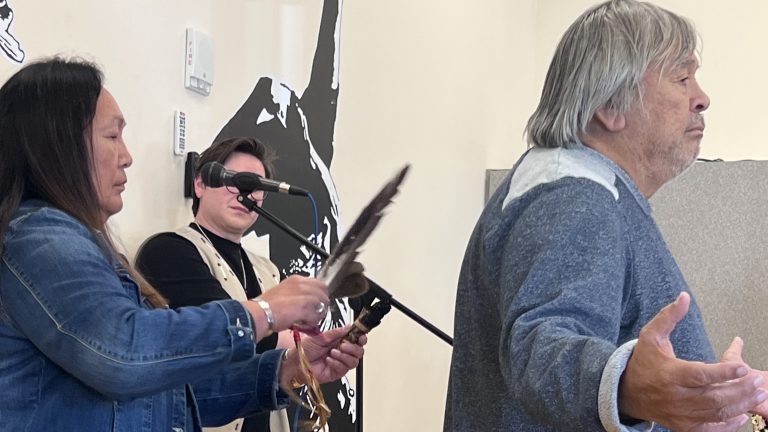
Podcast: Play in new window | Download | Embed
Boarding school report a welcome start for survivors, advocates
New statue dedicated in Ireland to mark Choctaw donation during famine
Saint Regis Mohawk Tribe declares state of emergency after Debby
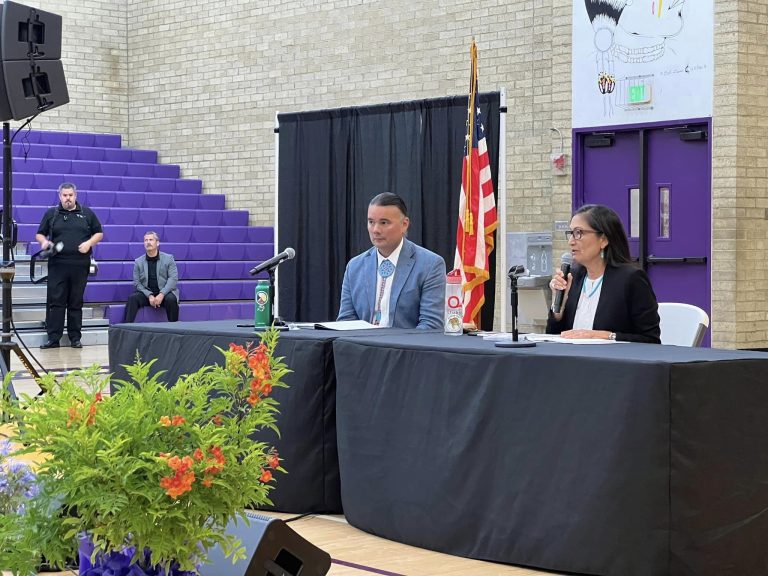
Podcast: Play in new window | Download | Embed
Advocates lay out next steps following boarding school report
FCC votes to create missing and endangered people emergency alerts
Tri-Ute Games back after COVID break with all three tribes participating
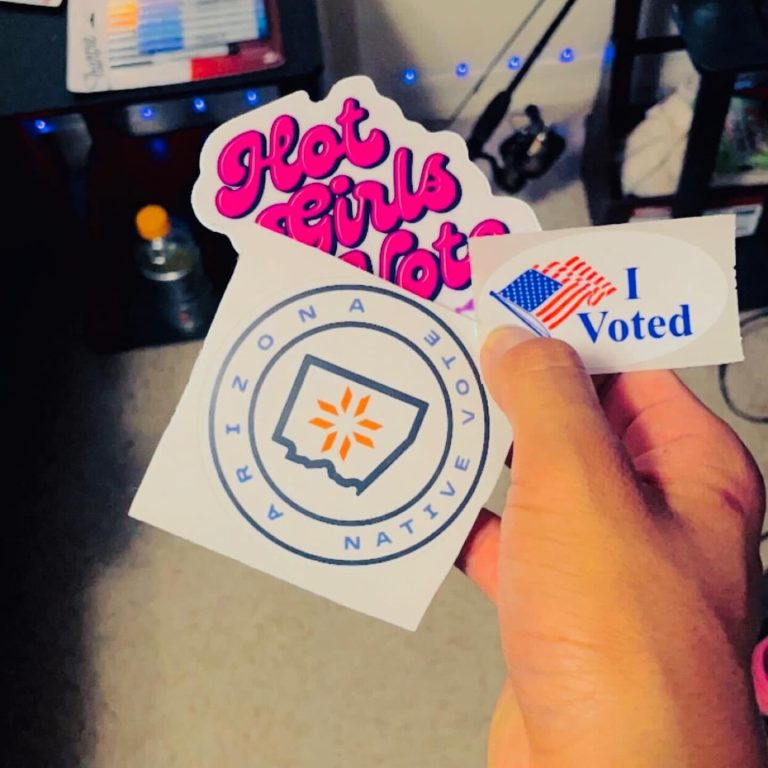
Podcast: Play in new window | Download | Embed
Native voters, candidates prepare for critical impact on 2024 election
Brewers tailgating event aims to boost Native voter registration numbers
Netflix drops ‘Rez Ball’ trailer featuring ‘Echo’, ‘Rez Dogs’ alums

Podcast: Play in new window | Download | Embed
Tribal communities excited over Walz pick, Flanagan’s future
New CO law to fund research into history of 9 boarding schools in state
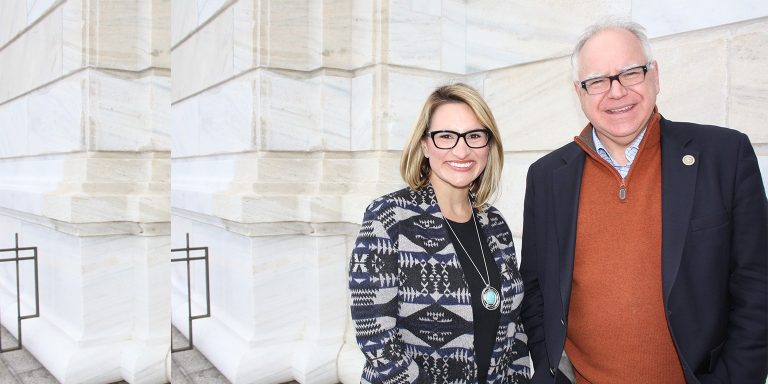
Podcast: Play in new window | Download | Embed
Harris VP pick could lead to 1st Native female governor in US
Gun Lake Tribe using $4m in federal funds for climate change projects